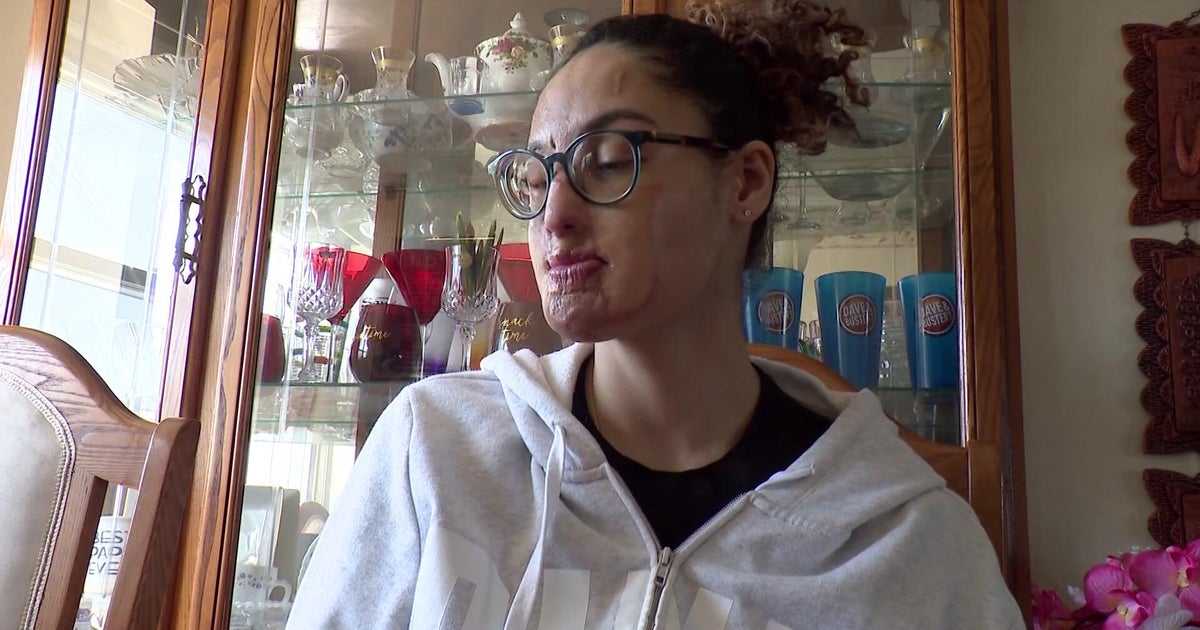How Omicron Subvariant BA.5 Symptoms Differ From Previous COVID Variants
PHILADELPHIA (CBS) -- The top symptoms of COVID are changing. At first, it was the loss of taste, smell and a high fever. Now, the indicators are like what President Joe Biden is experiencing -- a runny nose, fatigue and also a sore throat.
Even before Thursday's news of President Biden testing positive for COVID, the virus had once again reminded us of its presence with an increase in cases in many corners of the country over the last two to three weeks. This time, it's not 2021's delta variant or last winter's omicron variant wreaking havoc, it's a subvariant of omicron named BA.5.
"Viruses, what they do is they mutate, the change. So there's BA.1, there's BA.4, BA.5. BA.5 is like think of a family, the omicron family. This is the family member right now that is causing the majority of COVID infections in our country," Dr. Rob Danoff with Jefferson Health said.
According to the CDC, the BA.5 subvariant is currently responsible for roughly 78% of the country's COVID infections, and it may be the most contagious strain of the virus yet.
But that's not all. The symptoms for BA.5 are a little different than with delta or the first form of omicron.
"BA.5 tends to be more in the upper respiratory system. Cold, hoarseness, cough, runny nose, congestion -- these are very common symptoms of BA.5," Danoff said.
As with prior variants and subvariants, fatigue is also a common symptom, though with this version, many find it difficult to fall asleep.
The news isn't all bad.
"The good news is, for those who are vaccinated especially, this tends to be a milder illness. It should go away in two, three, four, five days. For those who are not vaccinated, those sometimes have more significant symptoms for sure," Danoff said.
And as we navigate life with COVID, the doctor has some advice for us all.
"My thing is live your life, know your risk factors. If you're going to an area that's very crowded, you don't know the people, you have health conditions, you may want to wear a mask or make sure you're vaccinated or take precautions. Know yourself, live your life but also we kind of have to be smart about what we do," Danoff said.
Danoff says vaccines are doing exactly what they're intended to do -- decreasing the severity of a COVID infection and largely preventing hospitalization and death.







